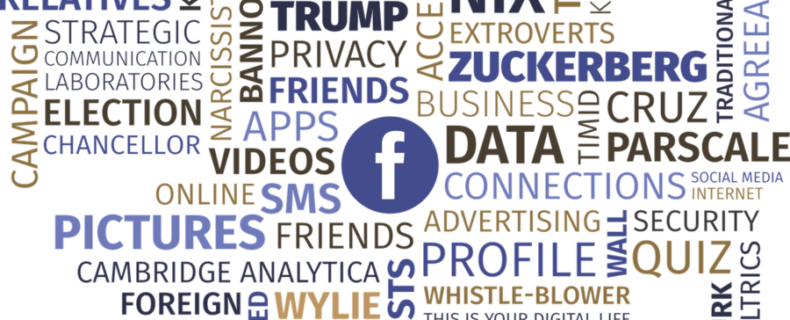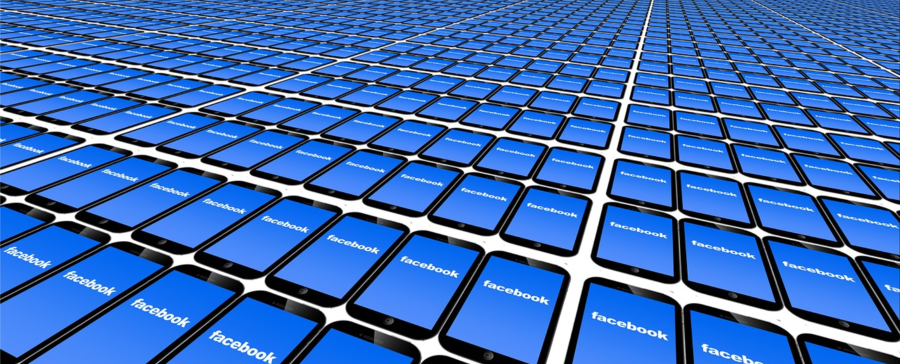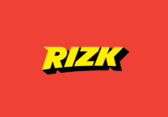
Source: Pixabay
There was a time when not having a Facebook account would have gotten you a raised eyebrow. Everyone had a Facebook account, and everyone was expected to have one. It was Facebook after all, and friends and family were happily sharing with one another, poking each other and liking just about everything that got posted. For a long time everyone was simply engrossed in this fantastic new form of social media.
CEO of Facebook Mark Zuckerberg probably wishes times were still like that. But times have changed, and this is not the easiest of times for the mega-corporation. It seems like Facebook is set to drown under ever mounting controversies, with more and more users getting angry and deleting their accounts.
Of course, many would say it is justifiable that Facebook is coming under so much fire, given the nature of the scandals. But why is it only now that people seem to have realised that Facebook might be up to no good?
Some Of The Scandals
A string of Facebook scandals are currently the focus of much attention. In 2016 rumours spread about Russian political figures using Facebook as a method to spread fake or influential news articles, many specifically designed to shift focus onto Donald Trump.
The central scandal, and the one that has really got users hot under the collar, is the situation with United Kingdom based company Cambridge Analytica. It is alleged that Cambridge Analytica stole the private information of about 70 million Facebook users. And, using the stolen information, the company then proceeded to bombard the users with personalised political propaganda, apparently in order to benefit politicians during recent campaigns.
The kicker is that apparently Facebook knew about the security breach, and continued business with Cambridge Analytica for a full month, regardless.
After this scandal broke, Facebook decided to allow users to download their own personal archives, stored on the Facebook servers. It was an attempt to pacify users, but backfired in the worst possible way. Upon accessing their archives, many users were astonished to see that Facebook had retained videos and messages that the users had deleted, along with a wealth of other supposedly deleted or private information.

Scandal Overload
Facebook has managed to escape major controversy since it’s initial inception. In fact, it has been almost mysteriously scandal free. Rumblings have almost always been heard, from various sources, about the potential for abuse of private information, but these voices have previously always been the minority. But now, with a major scandal breaking, those once-soft voices are getting louder, and with Zuckerberg admitting that the social media giant even scans your messages, it’s clear that what you do online isn’t private.
But it wouldn’t be the first time a major corporation has fallen under the weight of multiple scandals, and wont be the last. Overall, Facebook has suffered a loss in stock value, but a comparatively small amount, given that its stock value has been skyrocketing.
Plus, despite multiple public campaigns encouraging users to delete their accounts, there has not yet been a significant mass exodus from the social media platform. It seems, if anything, the scandals have proved just how used to Facebook the world has become, and how reliant on it we all are.
People Know Facebook Uses Information
The majority are aware that Facebook collects and mines user information, which is used to create targeted advertising software. People agree to this when they sign up. And, it seems, that same majority don’t really care if the social media giant knows what they get up to online, whether its playing online Blackjack, looking at pictures of cats, or stalking old flames. After all, given the fact that Facebook has billions of users, a single person’s information is simply a drop in the ocean.
Some may have deleted their profiles following the scandal, but the wave of deflectors that some were expecting has simply not occurred. This is the age of the Internet, and information sharing, and people have come to terms with that. And Facebook is far more part of peoples lives than not, accepting it – scandals and all- is something that looks set to continue.
Sources:



























